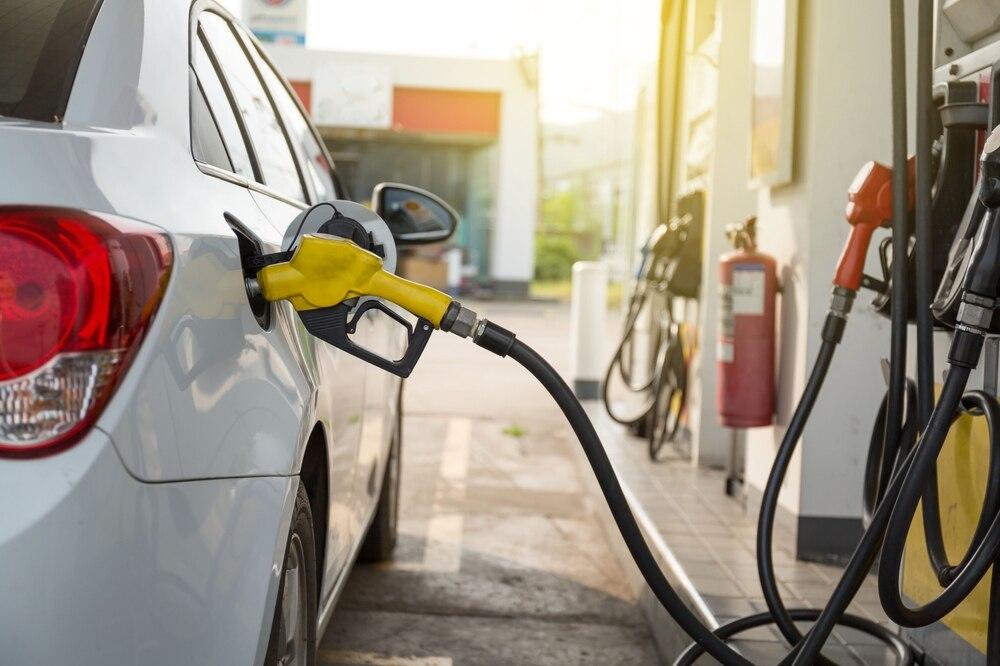Ghanaians should brace for another round of fuel price hikes starting July 16, with petrol and diesel expected to rise by up to 10%, even without the impact of the newly introduced GHC1 levy, the Chamber of Oil Marketing Companies (COMAC) has revealed.
In an interview on TV3’s Business Focus on July 14, Dr. Riverson Oppong, Chief Executive Officer of COMAC, projected that petrol prices will rise by about 7–8%, while diesel could jump by as much as 10% during the next pricing window.
“For the next window, we are expecting roughly 8 to 10% increase in fuel prices,” Dr. Oppong stated, pointing to rising international oil prices, a weakened cedi, and increasing operational costs as key contributors.
The upcoming pricing window coincides with the implementation of the controversial GHC1 Energy Sector Recovery Levy, which government says is aimed at clearing legacy debts in the energy sector, currently projected to hit US$2.2 billion by the end of December 2025, according to the International Monetary Fund (IMF).
Benjamin Nsiah, Executive Director of the Centre for Environmental Management and Sustainable Energy (CEMSE), noted that while the GHC1 levy is expected to help stabilize the sector financially, it could contribute to further price hikes at the pumps.
“If prices escalate beyond GHC14 per litre, it feeds the argument that prices were around GHC15 per litre and dropped to somewhere around GHC12 per litre and that is the justification for the GHC1 levy. If it goes beyond 15, it means that argument of GHC1 surplus is defeated,” he explained.
Industry players and civil society organisations have questioned the timing and communication surrounding the levy, especially amidst rising inflation and cost of living concerns.
Fuel Price Trends and Industry Dynamics
The projected increases follow a price adjustment on July 1, which saw petrol rise by 2%, diesel by 5%, and LPG by 1% — the first upward movement since February 2025. At the time, COMAC emphasized that these changes were driven by factors beyond government tax policies.
“Even before the implementation of the amended Energy Sector Levy, which has now been suspended, our projections indicate that pump prices may be going up,” Dr. Oppong reiterated in an earlier interview with 3Business.
He stressed that the market remains highly sensitive to global oil price movements, exchange rate volatility, and operational constraints faced by local petroleum firms.
As fuel prices climb, the ripple effect is expected to be felt across transportation, food, and utility costs. With inflation already putting pressure on households, the coming weeks may see mounting public pressure on policymakers to intervene.

